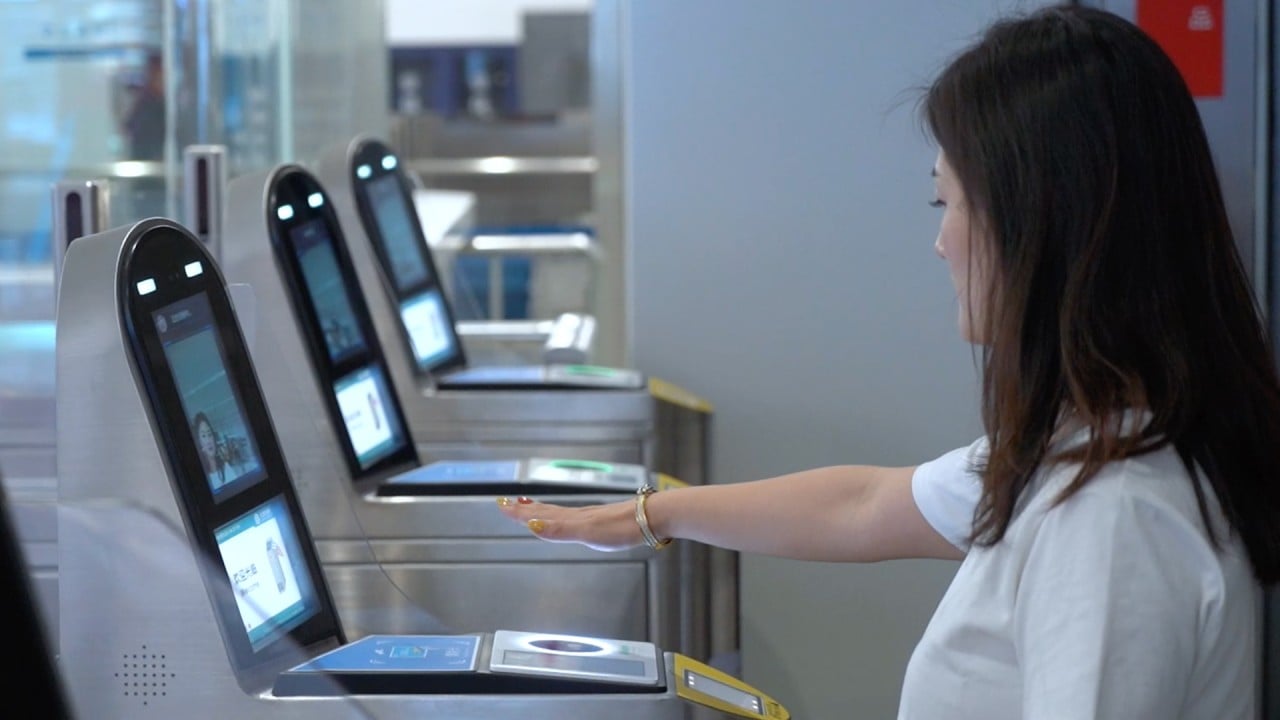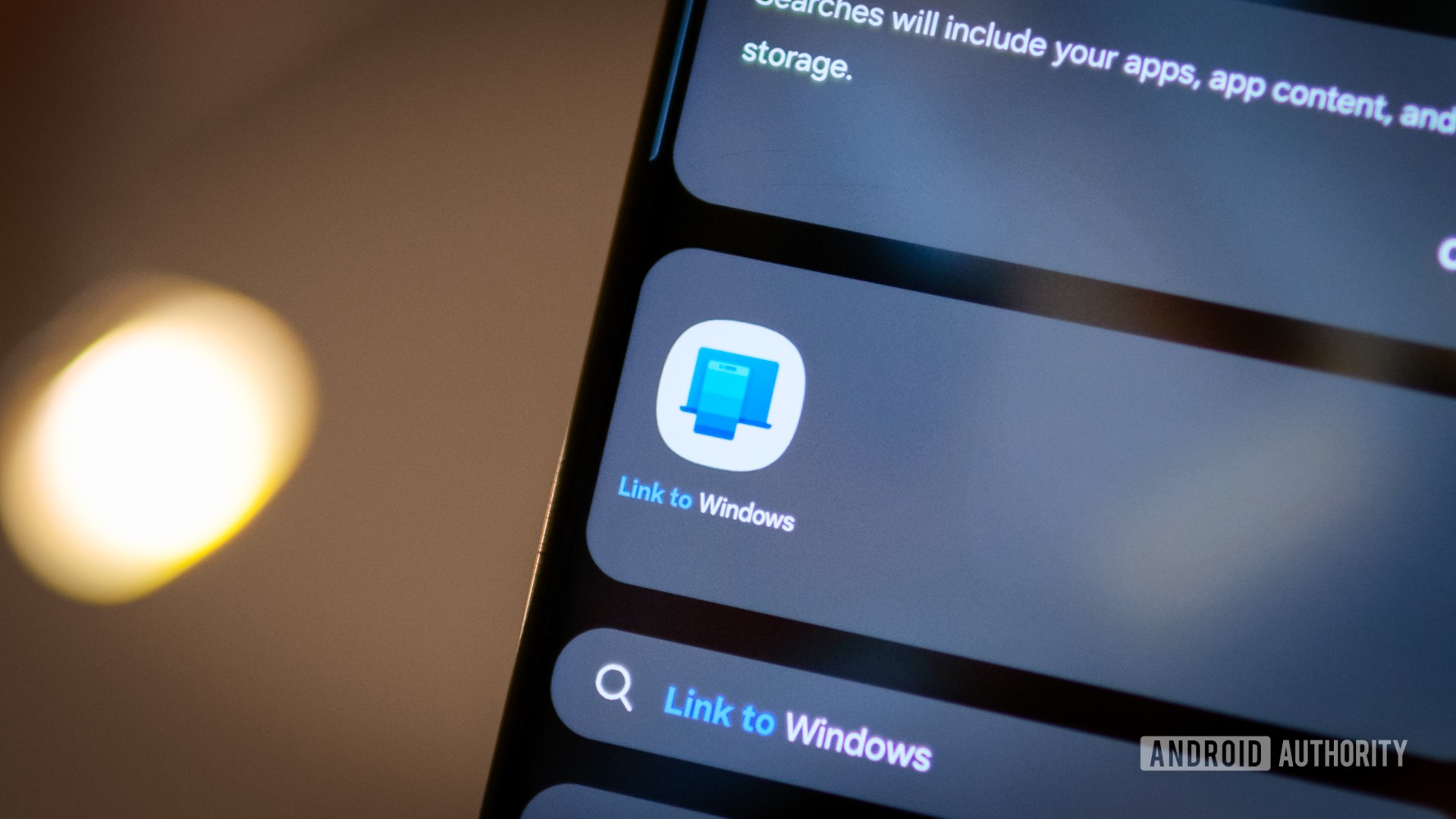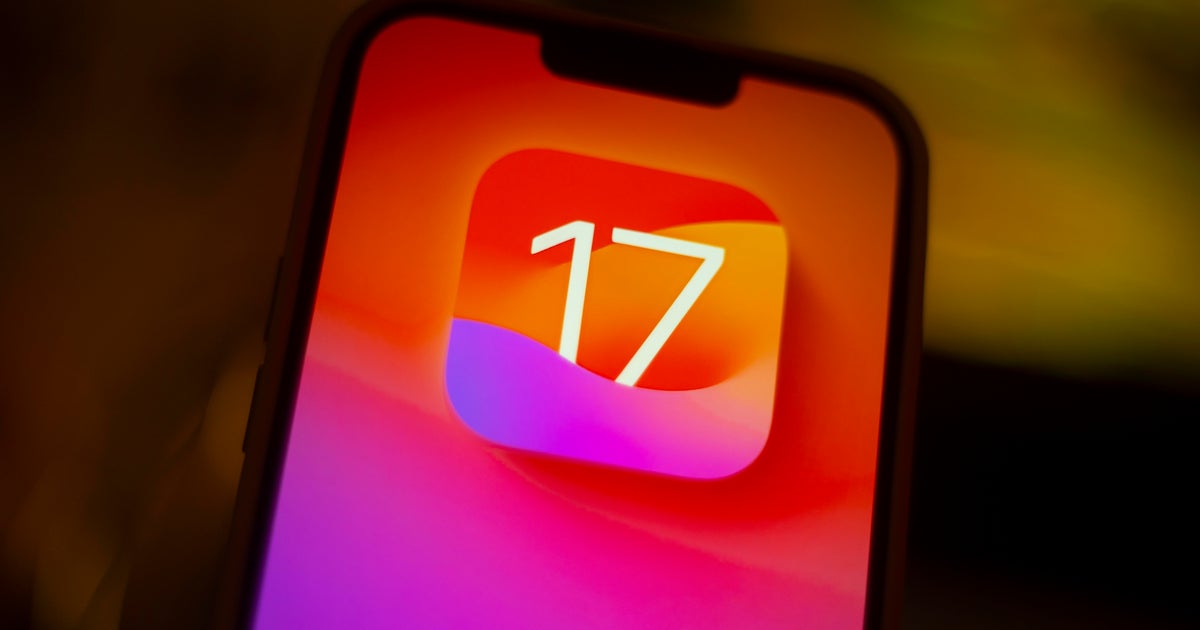“This is the first time we have seen three banks from Asia ranking in the global top 10,” said Stephen Walsh, associate manager at Sia Partners. “We have observed strong momentum across Hong Kong and Singapore as key players begin to set the standard for excellence for mobile banking apps.”
The study tracked 148 banking apps across 19 markets, including the US, UK, Belgium, Italy, France, Middle East, Hong Kong and Singapore.
The report, the fourth edition of Sia Partners’ global study to include Asian lenders, looked at 85 criteria, including functions, user experience and clients’ opinions to assess the apps, assigning each a score from 0 to 100. The Post got an exclusive preview before the report’s publication later this month.
HSBC, Hong Kong’s biggest lender, was the third-highest ranked bank from the city this year. The bank climbed up the charts to rank 21st globally, from 30th last year. HSBC’s retail banking app has 2 million users, and almost 98 per cent of its retail transactions are conducted through digital channels.
Hong Kong virtual bank Ping An OneConnect to expand lending to retail SMEs
Hong Kong virtual bank Ping An OneConnect to expand lending to retail SMEs
Hong Kong has eight virtual banks operating since 2020, while Singapore’s four virtual lenders started operations last year. Virtual banks do not have physical branches and offer online-only banking services.
Traditional lenders such as HSBC and Hang Seng Bank in Hong Kong, and DBS in Singapore, have invested a lot of money in their mobile banking apps.

The study noted improvements in mobile app user experience across the banking sector globally, with some traditional banks’ apps faring better than their online peers.
“In Europe, many of the incumbent banks have invested significant resources to provide an innovative user experience, while Hong Kong lenders such as HSBC are now seeing the fruits of their investments improve their mobile app offerings,” Walsh said.
Globally, traditional banks Intesa Sanpaolo of Italy and Bank of America of the US ranked joint first, with a score of 81, while KBC and Belfius, two traditional lenders from Belgium, ranked third and fourth with scores of 79 and 77, respectively.
UK-based Revolut Metal, a digital bank which operates internationally, rounded out the top five with a score of 76.
Hong Kong banks’ mobile apps scored high on user experience and functionality, but still lag behind Western peers in certain areas, said Jeremy Fetiveau, Sia Partners’ associate partner in Hong Kong, while noting their early mover advantage.
“In Europe, digital banks such as Revolut or Monzo entered the market in 2015, while virtual banks in Hong Kong only started operating from 2020,” Fetiveau said. “Now, Hong Kong and Singapore are catching up. Still, the European digital banking apps are able to provide wider offerings by teaming up with other partners, thanks to a more developed open banking ecosystem.”
Some banking apps in Europe allow customers to buy train tickets or movie tickets, functions not yet seen in such apps in Hong Kong or Singapore, Fetiveau said.
However, he believes Asian digital banks can catch up quickly with some clever marketing. Singapore’s digital-only Trust Bank, which began operations in September last year, signed up 500,000 customers within a few months by giving away 1kg of rice to target specific customer segments.
In Hong Kong, 46 per cent of personal bank accounts opened in the first half of 2022 were via digital channels, compared with less than 20 per cent in 2019. The city’s eight virtual banks had 1.7 million users and HK$25 billion (US$3.2 billion) of deposits as of October last year, according to data collected by Sia Partners.











